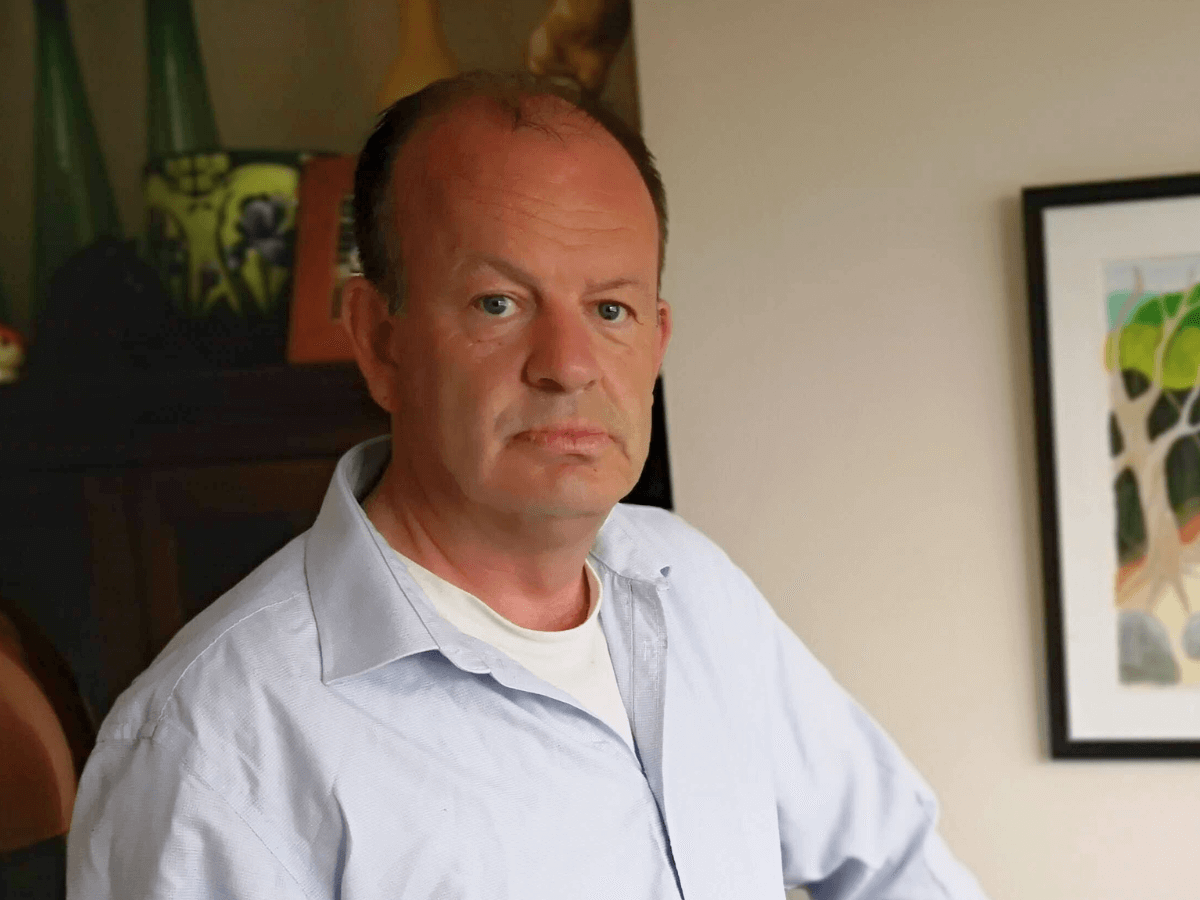
Ben, Research Community member, Money and Mental Health
How our Research Community shaped our new 2025-2030 strategy
7 May 2025
- We’ve just published our new strategy, covering 2025-2030.
- This was shaped by an advisory group from our Research Community, who shared their ideas for our mission, goals and values.
- We interviewed Ben, who was on the advisory group, about his experience and reflections on the process.
Today we’re publishing our new 2025-2030 Strategy. It sets our mission to work for a world in which the vicious cycle of money and mental health problems is broken, and how we hope to do that in the coming five years.
This strategy was shaped by our Research Community, and a huge thanks to all the members who have their feedback and ideas on what it should include as part of our advisory group.
To mark the launch of the new strategy, we spoke to Ben from our Research Community, who helped to write the strategy. Here’s what he told us…
When did you join the Research Community - and how have you found it?
I got involved with the Research Community about 5 or 6 years ago after seeing a post on social media. I thought it was particularly relevant for two main reasons: I work in the field, with vulnerable adults with mental health problems and learning disabilities, and also that I developed a Serious mental illness in my late twenties, which had a great impact on my life.
About 6 to 7 years I was acutely ill and one of the biggest problems I encountered then was the complete lack of any financial advice and assistance. And when I tried to find all that out, it was very difficult.
So I was quite pleased to be a member of the Community because I could express the difficulties that I had and recommend to them what my suggestions would be to remedy that.
I particularly like the fact that I am contributing with people with similar issues to myself. And also, people from diverse backgrounds. It shows that not everybody with mental health problems is the same.
It gives you a sense of community and a sense of hope. And, and a sense of empowerment as well – thinking that what we do does influence directions with not only the utilities, but the government as well.
You were among the group of eight Research Community members who helped advise us about the Strategy. How was that process?
We all got together and we shared our ideas. What I thought was particularly relevant is that our ideas and our personal experiences informed the development of the strategy – rather than a central, top-down approach. It was more of an organic procedure.
The difficulties that we had or the experiences that we had were fed upwards, and that helped to direct or influence policy directions. And it enabled us to feel a sense of empowerment really and bring our experiences from all of these different backgrounds and for it to be utilised into policy change.
I felt quite privileged really to be selected for the Advisory Group. I feel that Martin Lewis and the charity do a lot of very good work – they have an outsized amount of influence over policy, and they also have the contacts within business and utilities and government to help have the Research Community’s voice heard.
And now that you’ve seen the finished strategy, what do you think?
I like that it had a lot of the ideas from the Research Community incorporated in it – so it was very user-driven.
I like the clarity of it, and the presentation of it, and as a mission statement. It was clear and straightforward and well presented in relation to how it’s going to be used.
“We’re working for a world in which the vicious cycle of money and mental health problems is broken. That means we all have an equal chance of financial security, regardless of our mental health. And it means that everyone’s mental health can flourish, regardless of their financial circumstances.” – Money and Mental Health’s mission statement
And what would you like us to do more of at Money and Mental Health, now the new Strategy is in place?
Personally, I think it would be very good if you continue to have Research Community-driven events and conferences.
I feel that a lot of the Community have our unique experiences with relation to money and mental health from different cultural experiences, different class experiences, different educational experiences.
By sharing each and everyone’s individual experiences, you will get more guidance on what is relevant to the Community to research in the future.
